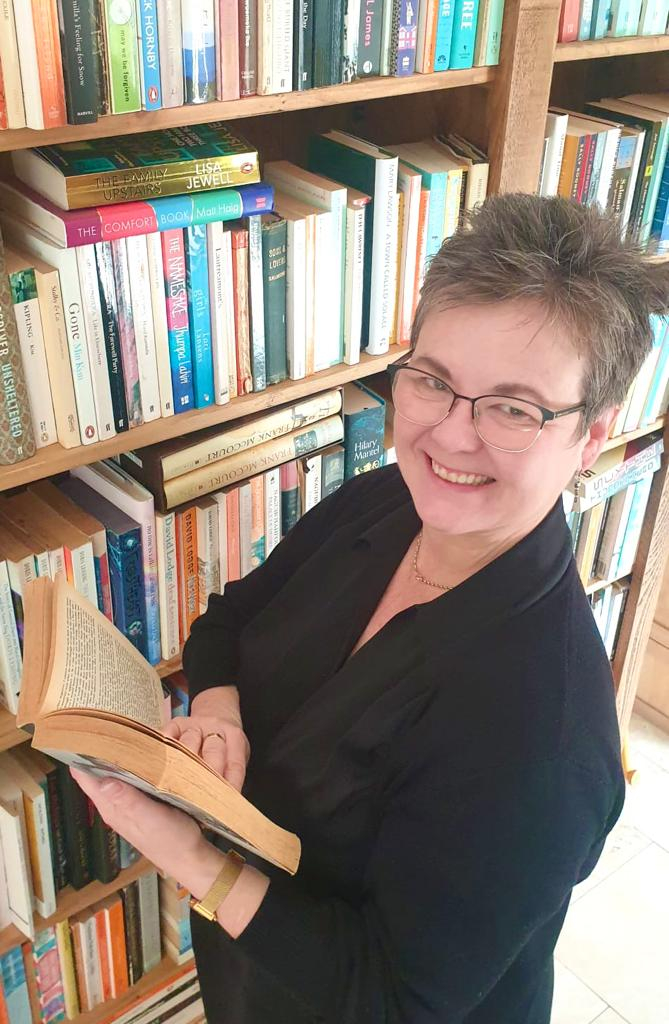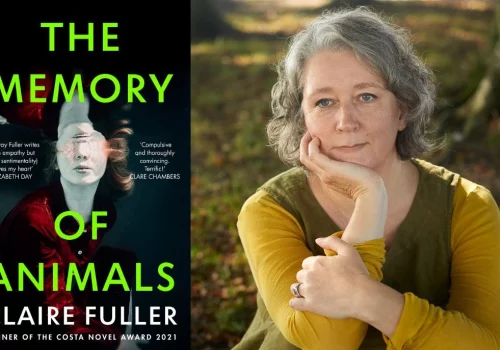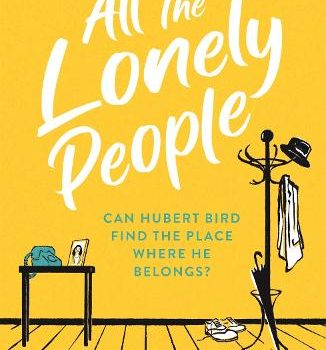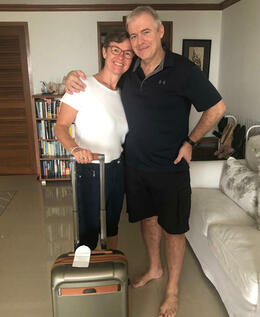
I’m not a fan of social media posts that suggest the writer’s life is perfect. I just don’t buy it! My blog, aims to show a middle-aged-mamma’s life – warts and all! If you enjoy a smile, chat and a cup of tea with a pal, I think my posts might be for you.
If you’ve been following a while, you’ll know that I love to read, so the main focus of my website has always been to share book reviews and book club questions. Nothing is about to change there – books are, after all, what keep me sane (ish!)

Book club questions on Esme Young's Behind The Seams, including questions for if you haven't read the book!...
Book Review on Claire Fuller’s The Memory of Animals Book Club Questions on Claire Fuller’s The Memory of Animals The...
Book Review on Atkinson’s Normal Rules Don’t Apply Kate Atkinson’s Normal Rules Don’t Apply is a remarkable collection of eleven...
Book Review On Mike Gayle’s All The Lonely People Mike Gayle’s All the Lonely People immerses us in a narrative...
Book Review of Sarah Winman’s When God Was a Rabbit It took me a while to get into Sarah Winman’s...
Book Review of Sara Pascoe’s Weirdo Sara Pascoe’s Weirdo presents a captivating exploration of contemporary fiction, resonating particularly with younger...
Earlier Blog Posts
I’m a firm believer in the "glass half full" approach and felt compelled to share the fantastic Easter weekend I had with my...
Exploring The Richness Of Intergenerational Friendships I’ve always found a natural connection with people older than...
Positive Classroom and Library Environments Displays are a very powerful tool in creating a positive classroom and library...
Embracing Change Saying goodbye is never easy Sometimes change can feel overwhelming, but a little bit of positivity can go...
My Porsche Driving Experience My dad trying out the porsche I’ve decided that part of embracing change entails embracing...
Tiger Parent or Alley Cat? I was having an on-line catch up with a teacher friend the other evening and...












